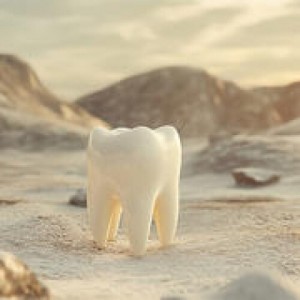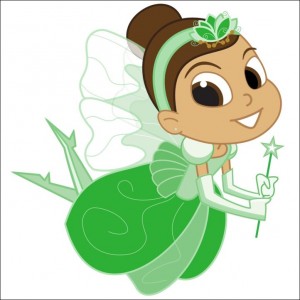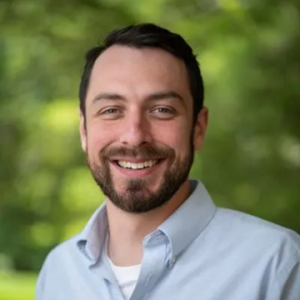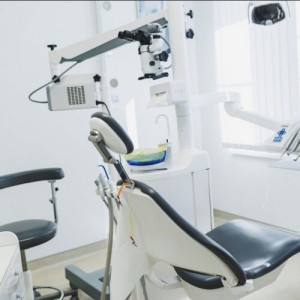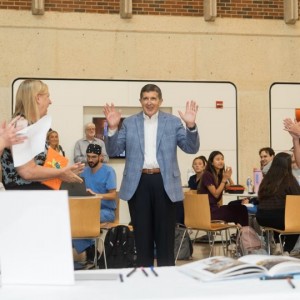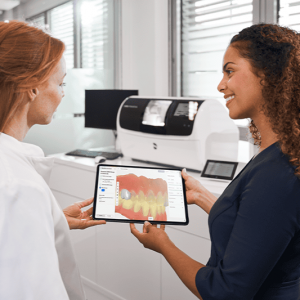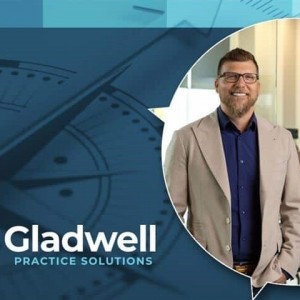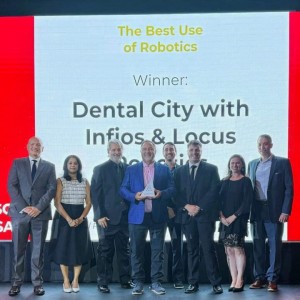
Tooth Growth Discovery Changes Dental Future
Adults could one day grow their own replacement teeth instead of having fillings—as scientists make a key discovery.
This research offers a potential way to repair teeth and a natural dental treatment alternative.
While some animals like sharks and elephants can continuously grow new teeth, humans only have one set from adulthood. The ability to regenerate teeth would be a major leap forward for dentistry.
Unlike implants and fillings, which are fixed and cannot adapt over time, a lab-grown tooth made from a patient’s own cells could integrate seamlessly into the jaw and repair itself like a natural tooth.
World-leading research is taking place in this field at King’s College London, where scientists have explored lab-grown teeth for more than a decade.
Xuechen Zhang, from the Faculty of Dentistry, Oral & Craniofacial Sciences, King’s College London, said: “Fillings aren’t the best solution for repairing teeth. Over time, they will weaken tooth structure, have a limited lifespan, and can lead to further decay or sensitivity. Implants require invasive surgery and a good combination of implants and alveolar bone. Both solutions are artificial and don’t fully restore natural tooth function, potentially leading to long-term complications.”
“Lab-grown teeth would naturally regenerate, integrating into the jaw as real teeth. They would be stronger, longer-lasting, and free from rejection risks, offering a more durable and biologically compatible solution than fillings or implants.”
In the latest study, the King’s team, in collaboration with Imperial College London, made a key discovery on the environment needed to grow teeth in the lab. They have now successfully introduced a special type of material that enables cells to communicate with each other. This means that one cell can effectively ‘tell’ another to start differentiating into a tooth cell. This mimics the environment of growing teeth and allows scientists to recreate the process of tooth development in the lab.
Xuechen said: “We developed this material in collaboration with Imperial College to replicate the environment around the cells in the body, known as the matrix. This meant that when we introduced the cultured cells, they were able to send signals to each other to start the tooth formation process.
“Previous attempts had failed, as all the signals were sent in one go. This new material releases signals slowly over time, replicating what happens in the body.”
Having successfully created the environment needed to grow teeth, scientists are now faced with the challenge of getting them from the lab to a patient’s mouth.
Xuechen added: “We have different ideas to put the teeth inside the mouth. We could transplant the young tooth cells at the location of the missing tooth and let them grow inside the mouth. Alternatively, we could create the whole tooth in the lab before placing it in the patient’s mouth. For both options, we need to start the very early tooth development process in the lab.”
The research is part of a broader effort in regenerative medicine, which aims to harness biology to repair or replace damaged body parts. Instead of relying on artificial materials like metal implants or dentures, researchers are working to grow natural replacements using stem cells and bioengineered environments.
Corresponding author of the paper, Dr. Ana Angelova Volponi, King’s College London, said: “As the field progresses, the integration of such innovative techniques holds the potential to revolutionise dental care, offering sustainable and effective solutions for tooth repair and regeneration.
“The work being conducted at the Faculty of Dentistry, Oral & Craniofacial Sciences at King’s College London exemplifies the cutting-edge research driving this transformation, highlighting our Faculty’s commitment to advancing oral health through scientific discovery.”
Source: https://pubmed.ncbi.nlm.nih.gov/39532305/
 Related articles
Related articles
A systematic review was conducted to examine the evidence for the effectiveness and safety of corticotomy-facilitated orthodontics.
Editorials 09 September 2025
The news is out of the tube! In response to increasing demand from the millions of fans of its TikTok-viral rinses, TheraBreath—the revolutionary oral care brand that fights bad breath at its...
News 01 September 2025
In recognition of National Tooth Fairy Day on August 22, Delta Dental released additional findings from its 2025 Original Tooth Fairy Poll.
Editorials 25 August 2025
Dr. Joshua Emrick’s Team Sheds New Light on Protective Tooth Nerve Function in Cell Reports Study
Joshua J. Emrick, DDS, PhD, assistant professor in the Department of Biologic and Materials Sciences & Prosthodontics (BMSP), shines a spotlight on the sensory neurons in teeth in a recent...
News 22 August 2025
OraCare is proud to introduce OraPro, the most advanced toothpaste ever created—engineered with next-level technology and exclusively available through dental professionals.
 Read more
Read more
Digital Dentistry 30 September 2025
Diagnosis and Treatment Planning for Predictable Restorative Outcomes
The dilemma in comprehensive dentistry is that dentists are often focused on restoring teeth for esthetic outcomes, and if occlusion is not taken into account during diagnosis and treatment planning,...
Editorials 30 September 2025
At Adams School of Dentistry, faculty and staff members often say their favorite part of working here is the people.
Products 30 September 2025
Dentsply Sirona is excited to announce the upcoming launch of an expanded AI-powered CEREC workflow and new milling units¹: CEREC Primemill Lite and CEREC Go, aimed at making Single Visit Dentistry...
News 30 September 2025
Gladwell Practice Solutions (GPS), founded by Dr. Jason Gladwell, a leading Invisalign System provider, is proud to announce the launch of GPS Premium, a new learning management program designed to...
News 30 September 2025
Dental City, a leading U.S. distributor of dental supplies, today announced that it has been named the winner of the Best Use of Robotics category at the Supply Chain Excellence Awards USA in Miami.



